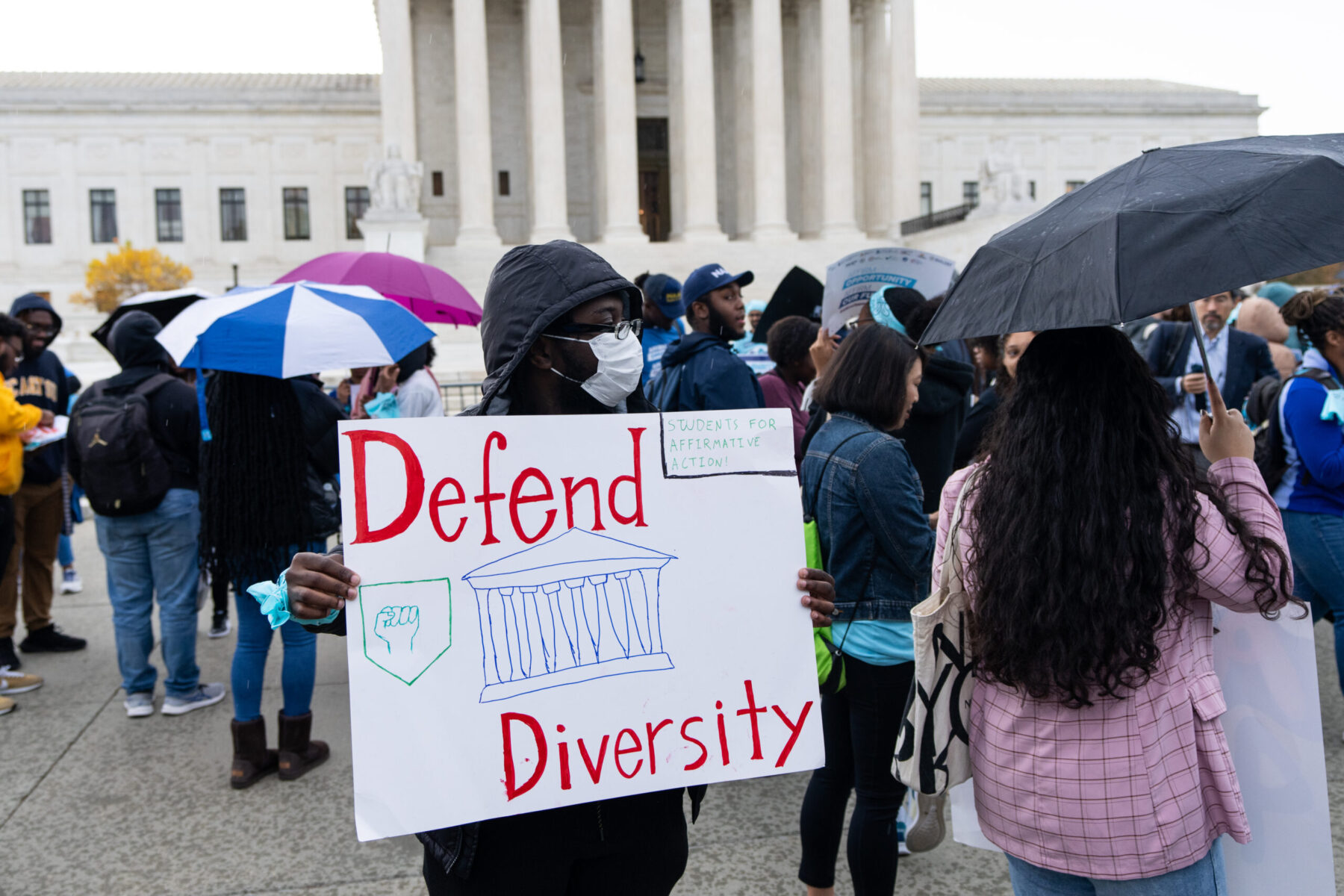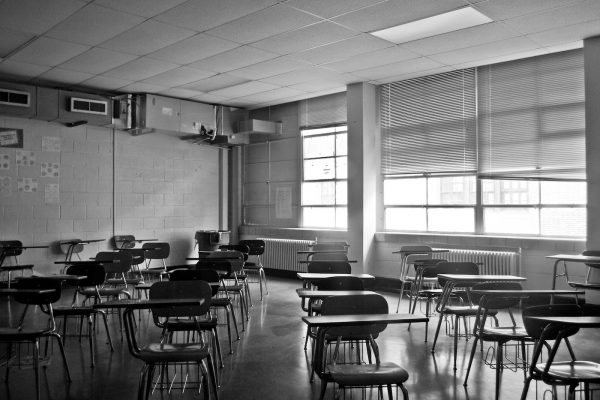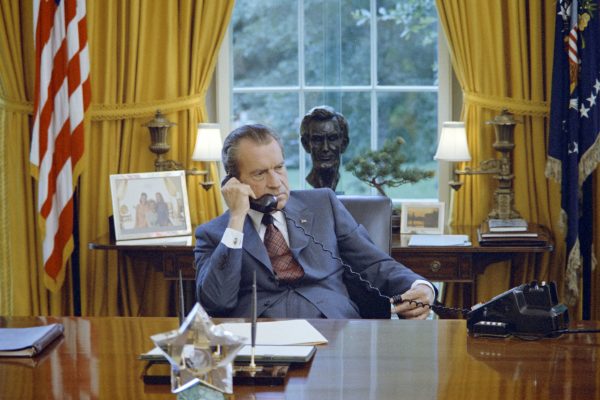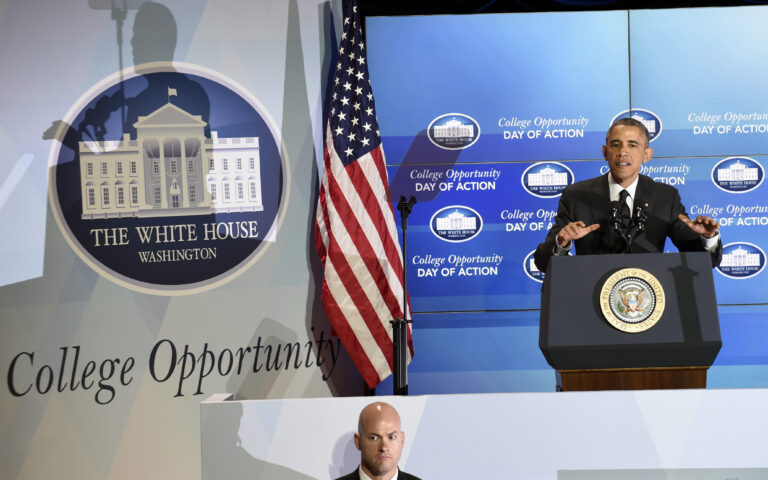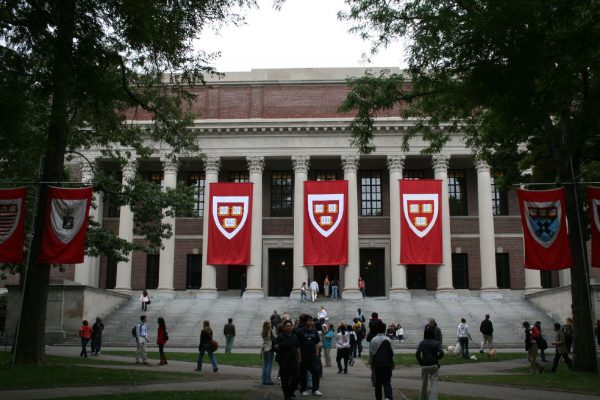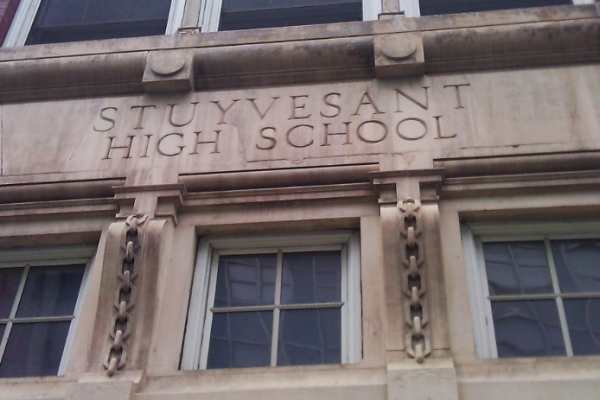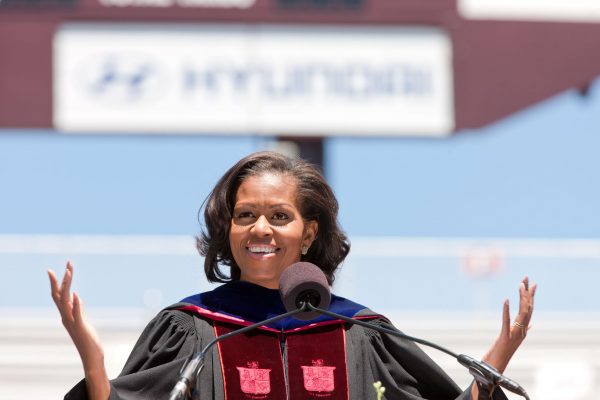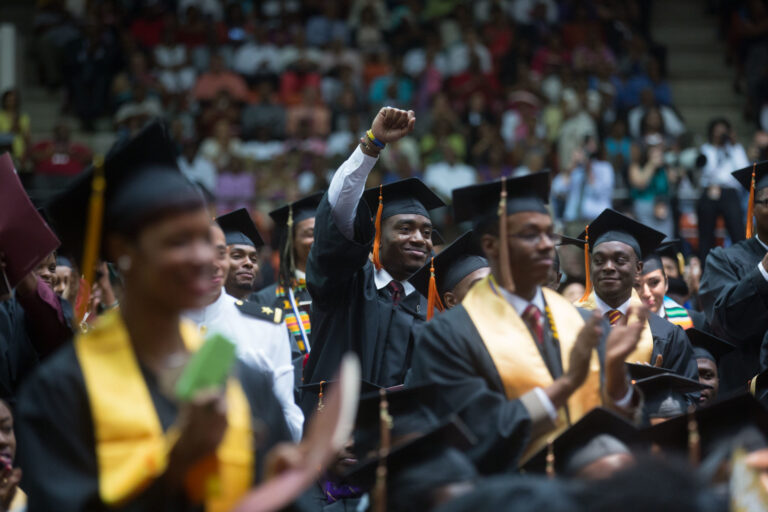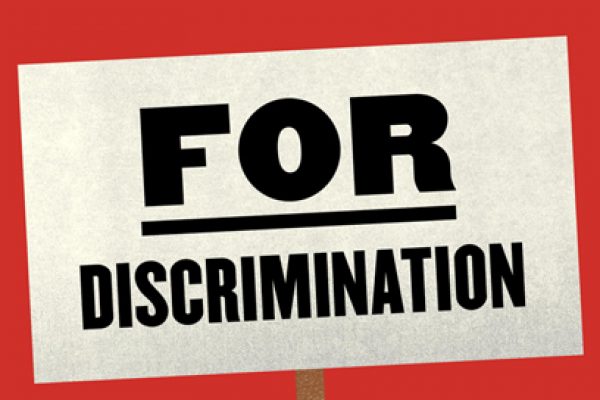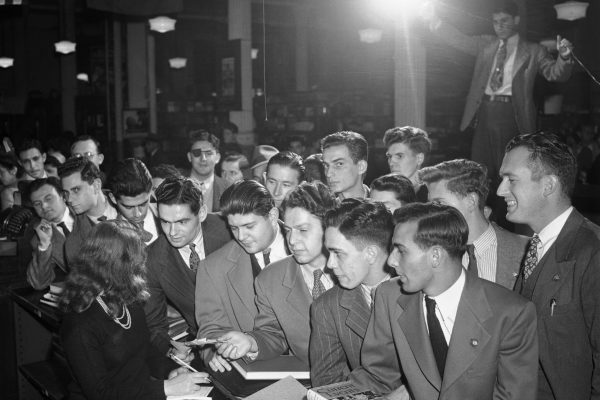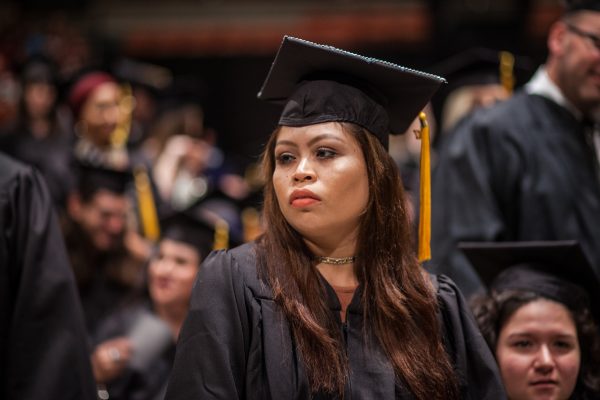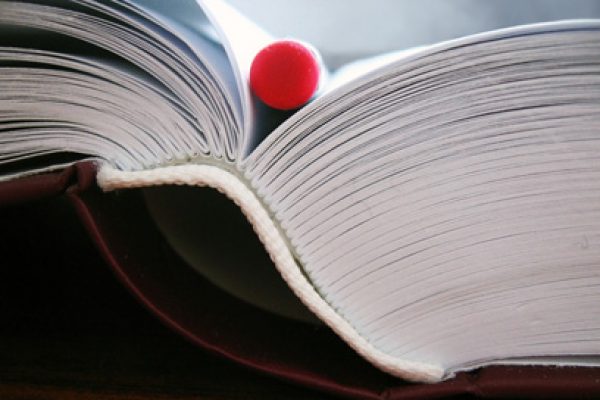Last week the U.S. Supreme Court ruled that race-conscious university admissions policies are unconstitutional. To some, the dismantling of affirmative action represents a severe blow to the causes of diversity, inclusion, equality, and justice; others maintain that the policy never went far enough and benefited only a small minority at mostly elite institutions. This week’s reading list explores the theory, practice, and history of affirmative action and considers education’s broader role in ameliorating inequality.
Proponents of affirmative action argue that taking applicants’ race into account is needed to correct centuries of racist oppression. As Randall Kennedy puts it, affirmative action exists for the “purpose of rectifying past mistreatment that continues to impose debilitating effects today.” In addition to “countering the invisible wind of invidious racial discrimination that continues to impede racial minorities,” Kennedy argues, the policy promotes “diversity within key institutions so that participants will reap the benefits of learning from others with different experiences and perspectives than themselves.” Similarly, according to Lani Guinier and Susan Sturm, an ambitious program of affirmative action is analogous “to the elimination of poll taxes and restrictive registration laws in the arena of voting.”
From Mehrsa Baradaran’s historical perspective, however, affirmative action appears more a token concession to civil rights demands than a serious attempt to address slavery’s racist legacy. Placing affirmative action in the context of Richard Nixon’s opportunistic appeals to Black capitalism in the late 1960s, Baradaran describes the policy as “a weak compromise position meant to throw a bone to the Black middle class and deal with Black militants without spending too much politically or financially.” “Affirmative action would be fiercely attacked by Nixon’s own Republican Party until it was almost fully dismantled,” she notes, and “would become the epicenter—which it remains—of a white backlash that claimed it was ‘reverse discrimination.’”
That recent debates over affirmative action have converged on higher education may indicate the extent to which a narrow ideology of equal opportunity dominates today’s politics. As Richard Ford points out, a myopic focus on Ivy League university admissions risks privileging “individual attempts to ascend a steepening social hierarchy” over “a collective effort to level it.” Meanwhile, for Christopher Newfield, disparities in education reflect injustices that “extend far beyond classroom walls and school district boundaries.” “Better academic mentoring, a strong program of affirmative action, and ‘feasible’ adjustments in district funding will never cut it on their own,” he argues. “They are at best Band-Aids laid over the critical wounds of racial capitalism.”
Elsewhere in this week’s reading list, Ira Katznelson defends his argument in When Affirmative Action Was White that the G.I. bill helped entrench the Jim Crow order; Keeanga-Yamahtta Taylor critiques the ideology of individual striving expressed in Michelle Obama’s memoir Becoming; Marshall Steinbaum makes the case for tuition-free higher education as an essential component of racial justice; Stephen Steinberg debunks the “Gladwellian sociology” of Yale professors Amy Chua and Jed Rubenfeld, who peddle insidious myths about model minorities and the supposedly cultural roots of immigrant success; Leah Gordon discusses the history of debates over unequal educational outcomes; and Jeffrey Aaron Snyder takes issue with critics of the SAT, which he argues reflects rather than creates the bulk of socioeconomic and racial inequality.
Institutional reform is no match for pervasive structural inequality.
Nixon’s embrace of “black capitalism” was a canny move that ultimately decimated the black community and turned the wealth gap into a wealth chasm.
The history of debates about educational outcomes holds important lessons.
Pre-migration factors and selective migration go a long way to explaining group disparities in socioeconomic status.
Michelle Obama’s memoir, Becoming, reduces racial inequality to a matter of psychological impairment that can be overcome through grit and grin.
Forum
An interview with Randall Kennedy.
Revisiting When Affirmative Action Was White, nearly two decades on.
When college is a prerequisite for getting a job that pays better than minimum wage, we cannot stop until it is free and accessible to all.
By and large, admissions tests register rather than create inequality.
